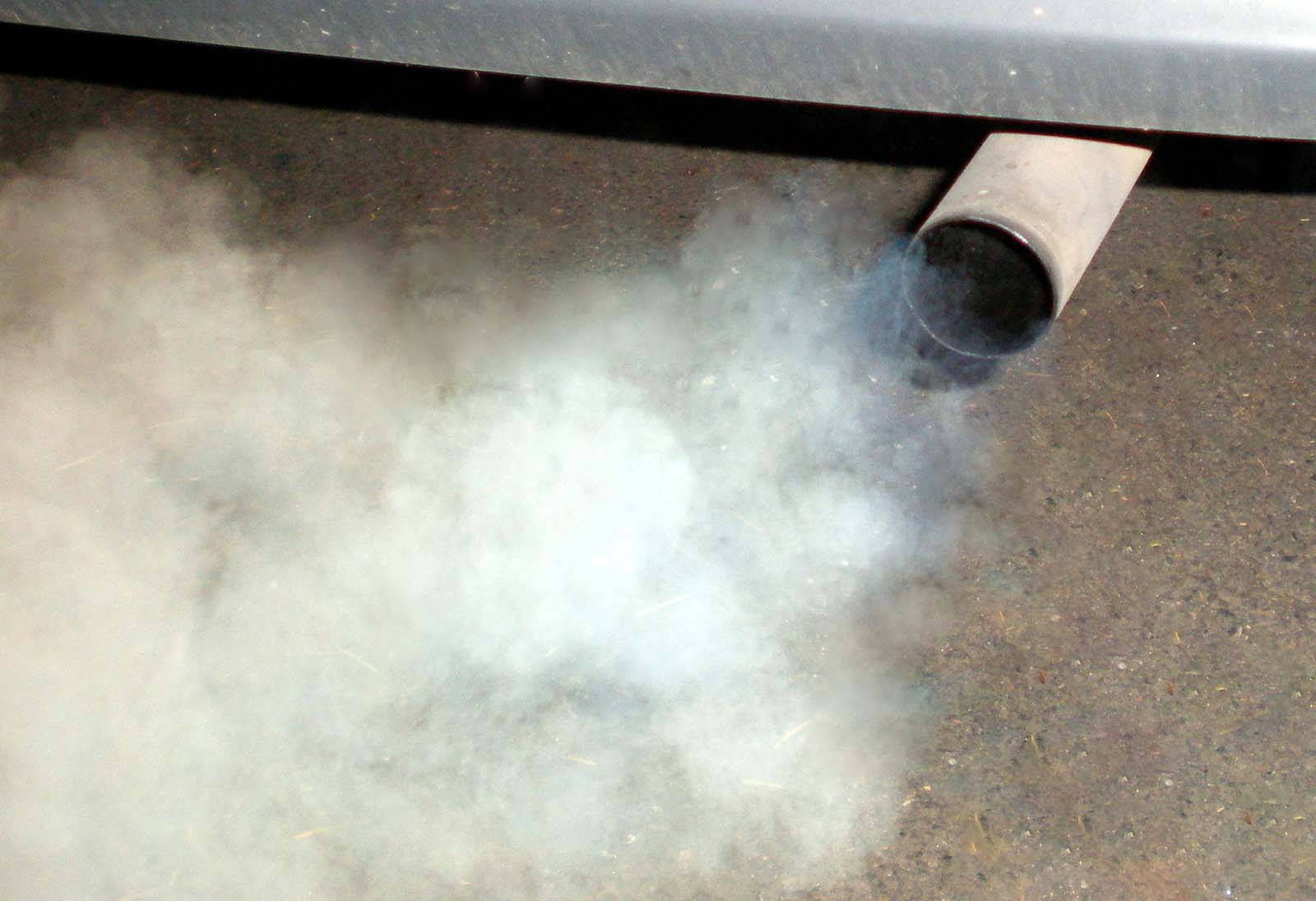
Would you reduce your electricity and water consumption, or take the bus, to protect the environment?
Should the government tax major polluters in Qatar to encourage industries to reduce emissions?
And who’s responsible for climate change?
These are some of the questions that researchers at the Qatar Environment and Energy Research Institute (QEERI), a national research institute of Hamad bin Khalifa University, are asking expats and nationals in a new questionnaire.
It’s the second of three rounds of surveys and follows a series of questions earlier this year about the primary environmental concerns of residents.
The goal, researchers say, is two-fold.
First, officials want to better understand the level of awareness among residents and what motivates them to be environmentally conscious so that education campaigns – such as the conservation program Tarsheed – can be run more effectively.
However, it also comes as officials at the Ministry of Development Planning and Statistics (MDPS) prepares the country’s next five-year plan.
The 2011-16 National Development Strategy devoted an entire chapter to environmental sustainability, identifying challenges such as water scarcity, declining air quality and threats to biodiversity.

There’s been progress on some goals, such as a significant reduction in flaring by both RasGas and Qatar Gas that’s expected to cut the country’s greenhouse gas emissions by the equivalent of 1.6 million tonnes of carbon dioxide. That works out to roughly 1.9 percent of the country’s 2011 emissions.
But efforts have come up short in other areas, such as ambitious targets to cut energy and water usage. In late 2014, government utility providers said there was a 12 percent rise in demand for power over the past year, which it called a “great and unexpected increase.” Meanwhile, Qatar continues to be one of the world’s biggest consumers of water.
The current development strategy puts a strong emphasis on increasing public awareness as well as “cultivating a sense of environmental responsibility within industry.”
However, some questions in the QEERI survey ask residents if they would support stricter environmental laws as well as taxes on emissions – a public policy tool that’s proven controversial in many countries.

Qatar already has laws prohibiting water wastage, although enforcement remains a challenge.
Researchers also want to know what steps residents are willing to take themselves, such as reducing their use of plastic or taking alternative forms of transportation.
Climate change
Another section of QEERI’s survey asks residents to share their perceptions of climate change, such as whether they believe humans are responsible, if there is still time to do anything about it and if western countries should take most of the blame.
A previous poll in Qatar found that 83 percent of respondents said they were concerned by the effects of global warming.

Qatar declined to make any commitment towards reducing its greenhouse gas emissions ahead of last December’s climate change talks in Paris, during which countries from around the world gathered to discuss how to prevent global temperatures from rising more than 2C.
Qatar told the UN climate talks that the Gulf state is vulnerable to the effects of climate change. Rising sea levels could flood 18.2 percent of the country’s land area while wiping out species of whales, sea turtles and dolphins, Qatar said in a report.
But at the same time, the country’s economy is dependent on exporting oil and gas. This means that efforts by other countries to fight climate change by reducing the use of fossil fuels could hurt Qatar residents’ quality of life, the Ministry of Environment said late last year.
QEERI said it plans to conduct a third survey, focused on food, waste, transportation and urbanization, in the future.
The results of all three surveys will be compiled and published in a joint QEERI and MDPS report.
Residents above the age of 17 who are interested in participating can fill out the latest survey here.
Thoughts?







